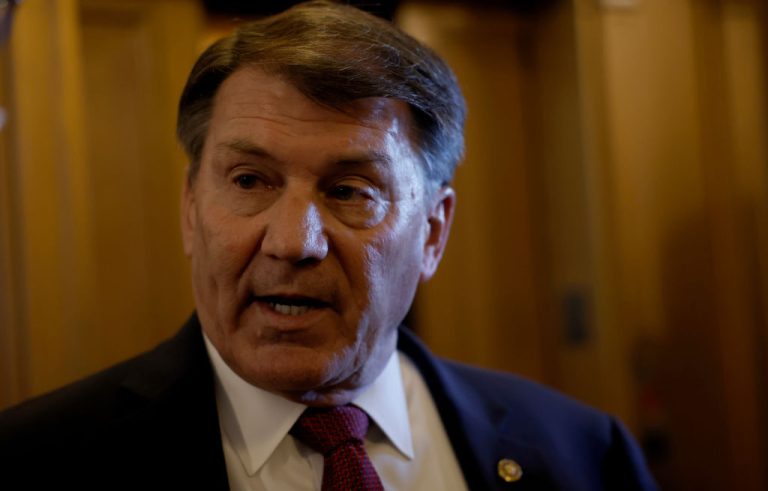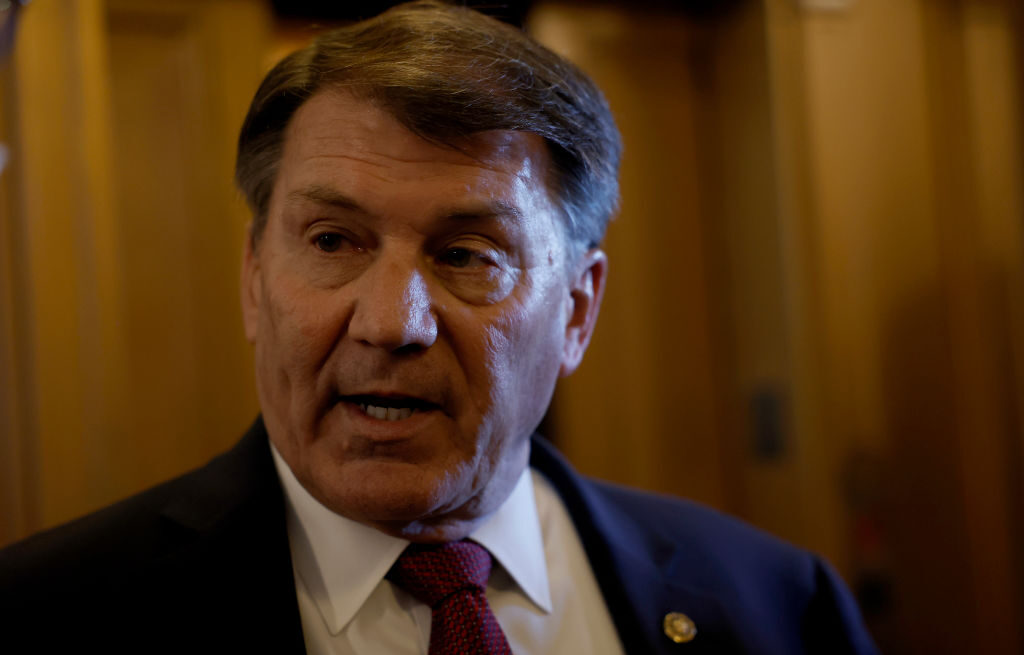PIERRE, SD – South Dakota is set to collect a portion of a massive settlement against tech giant Google over privacy violations.
Attorneys general from Oregon and Nebraska were among those that led the legal challenge against Google. South Dakota was one of 29 states to join final settlement talks.
The action questioned the legality of the company’s location tracking, which logged user locations in certain applications even after users explicitly turned off location tracking on their phones.
The $391.5 million settlement, announced Monday, amounts to the largest privacy related multi-state attorney general settlement in U.S. history.
South Dakota will get $4,244,505 from the settlement. Acting Attorney General Mark Vargo called the settlement a win for South Dakota smartphone users.
“This is an important day for consumers who need to be able to make informed decisions in a transparent landscape,” Vargo said in a prepared statement. “We will always fight for the privacy rights of our citizens.”
The investigation into Google’s privacy practices was an outgrowth of a story from the Associated Press pointing out that the act of turning off a smartphone’s location tracking was not enough to keep Android phones from tracking user locations on all apps and services. The AGs investigation revealed that Google misled consumers about location tracking in violation of state privacy laws and had done so since at least 2014.
In addition to the cash payout to 40 states, Google will be required to:
- Show additional information to users whenever they turn a location-related account setting “on” or “off”;
- Make key information about location tracking unavoidable for users (i.e., not hidden); and
- Give users detailed information about the types of location data Google collects and how it’s used at an enhanced “Location Technologies” webpage.
Attorney General spokesman Stewart Huntington said the $4.2 million will be deposited into the state’s consumer protection fund “to be used at the discretion of the Attorney General for the benefit and education of South Dakota consumers and for the enforcement of the consumer protection laws.”












